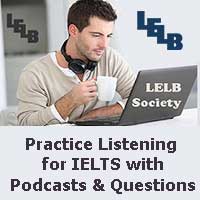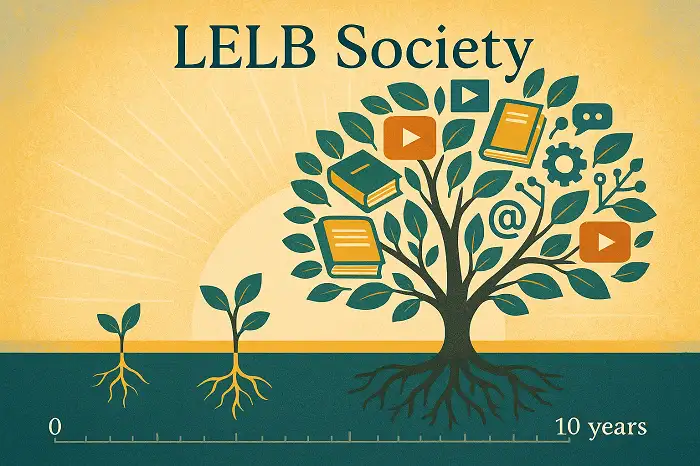IELTS Listening Practice Effective Planning IELTS Listening Practice Effective Planning About this activity This activity is labeled round table by Dr. Hariri, the creator and administrator of LELB Society. This activity is on the premise of Flipped Learning, according to which the students watch a video before the class, carry out research into the selected theme, and prepare themselves for an informed discussion in the class. This activity is on the basis of both synchronous and asynchronous computer-mediated communication (CMC), according to which the students are also encouraged to be active even before the class. In this flipped classroom activity, the students are encouraged to utilize the comment form at the bottom of the post to to exchange their questions, findings, and experiences with ...
Home » Listening Practice in English » IELTS Listening Practice Effective Planning

IELTS Listening Practice Effective Planning
Updated: by Dr. Mohammad Hossein Hariri Asl
Time to Read: 3 minutes | 301 Views | 4 Comments on IELTS Listening Practice Effective Planning
Share This Post
About the Author
Dr. Mohammad Hossein Hariri Asl is an English and Persian instructor, educator, researcher, inventor, published author, blogger, SEO expert, website developer, entrepreneur, and the creator of LELB Society. He's got a PhD in TEFL (Teaching English as a Foreign Language).
Number of Posts: 4242



4. What is the most crucial stage of the natural planning model?
3. How can you practice brainstorming? [Time 9:55]
2. Why have human brains become so efficient in planning?
1. Who is the master planner?